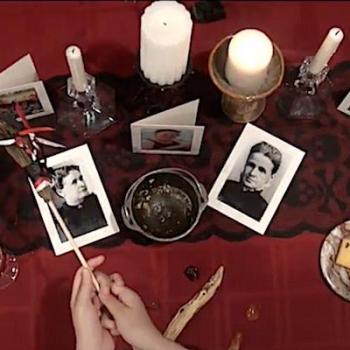XVI.
Those who forget the past, neglect the present, and fear the future live brief and troubled lives. When they reach the end of it, the poor wretches see too late how long they bothered about doing nothing. Just because they talk about death does not mean they have lived long lives.
fear the future live brief and troubled lives. When they reach the end of it, the poor wretches see too late how long they bothered about doing nothing. Just because they talk about death does not mean they have lived long lives.
Foolishly they fall victim to shifting emotions that rush them straight into the very things they most dread. Often they wish for death exactly because they fear it.
A long life isn’t about feeling that the days are long or that the hours are passing slowly waiting for the next meal. Whenever their entertainments begin to bore them, they are restless and have nothing to do. They have no idea how to use their leisure time. So, they look for something else to occupy them, and find all that time that goes into searching tiresome, just like waiting for a show or a big event. They hate waiting and all their pleasures feel as if they happen too fast.
But this feeling of fleeting time is all their fault—it is they who are fleeing, from one instant gratification to another. They don’t stay focused on one thing. So, their days are not full, but tiresome. Yet how brief seem the nights filled with sex and wine. This is what led the poets to claim that Jupiter doubled the length of the night so he could find more pleasures. (We increase our vices by saying that the gods sponsor them.) Nights that we pay so dearly for cannot but feel short.
They lose the day while waiting for the night, and the night while fearing the dawn.

















